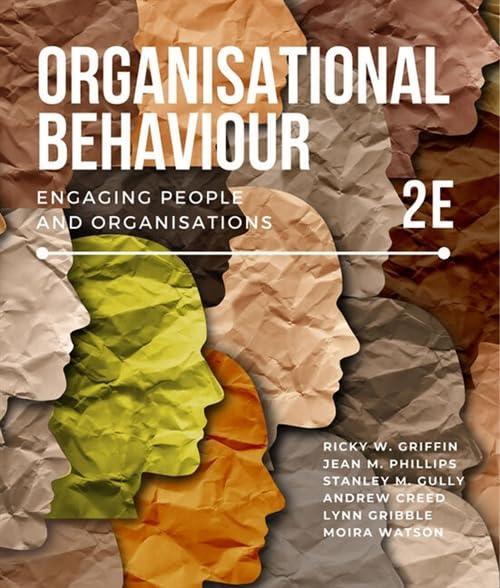While we have discussed the use of power influence and politics in the positive, there is a
Question:
While we have discussed the use of power influence and politics in the positive, there is a growing body of work covering psychopaths in organisations. Industrial psychologist Paul Babiak and criminal psychologist Robert D. Hare have written extensively about the subject.87 While they claim 3 per cent of the general population are psychopaths (and 1 per cent are in prison), it is important to note that high-functioning psychopaths may be lurking in any organisation. These people are often ‘master’ manipulators. They can be charming and highly influential as well as highly dysfunctional. In the early stages of the relationship, psychopaths are helpful or even benevolent; however, this is a tactic used to bring you into their ‘game’. Babiak and Hare suggest that psychopaths assess people around them as either pawns to manipulate or patrons who will champion their cause. Once discovered, they often turn information and situations to gain power over their ‘patrons’ and then discard their ‘pawns’. These people take credit for others’ work, embellish their successes and discard their failures – and if they are indeed psychopaths they do not feel either empathy or remorse. Forbes magazine has also written about the prevalence of this type in leadership positions 88. where we discussed destructive leadership, it could well be the link to explain the dysfunctional uses of power and influence you have experienced.
Reflection question
Have you even felt manipulated by someone more senior to you, who appeared to be friendly and helpful but actually undermined you?
Step by Step Answer:

Organisational Behaviour Engaging People And Organisations
ISBN: 272389
2nd Edition
Authors: Ricky W. Griffin, Jean M. Phillips, Stanley M. Gully, Andrew Creed, Lynn Gribble, Moira Watson





